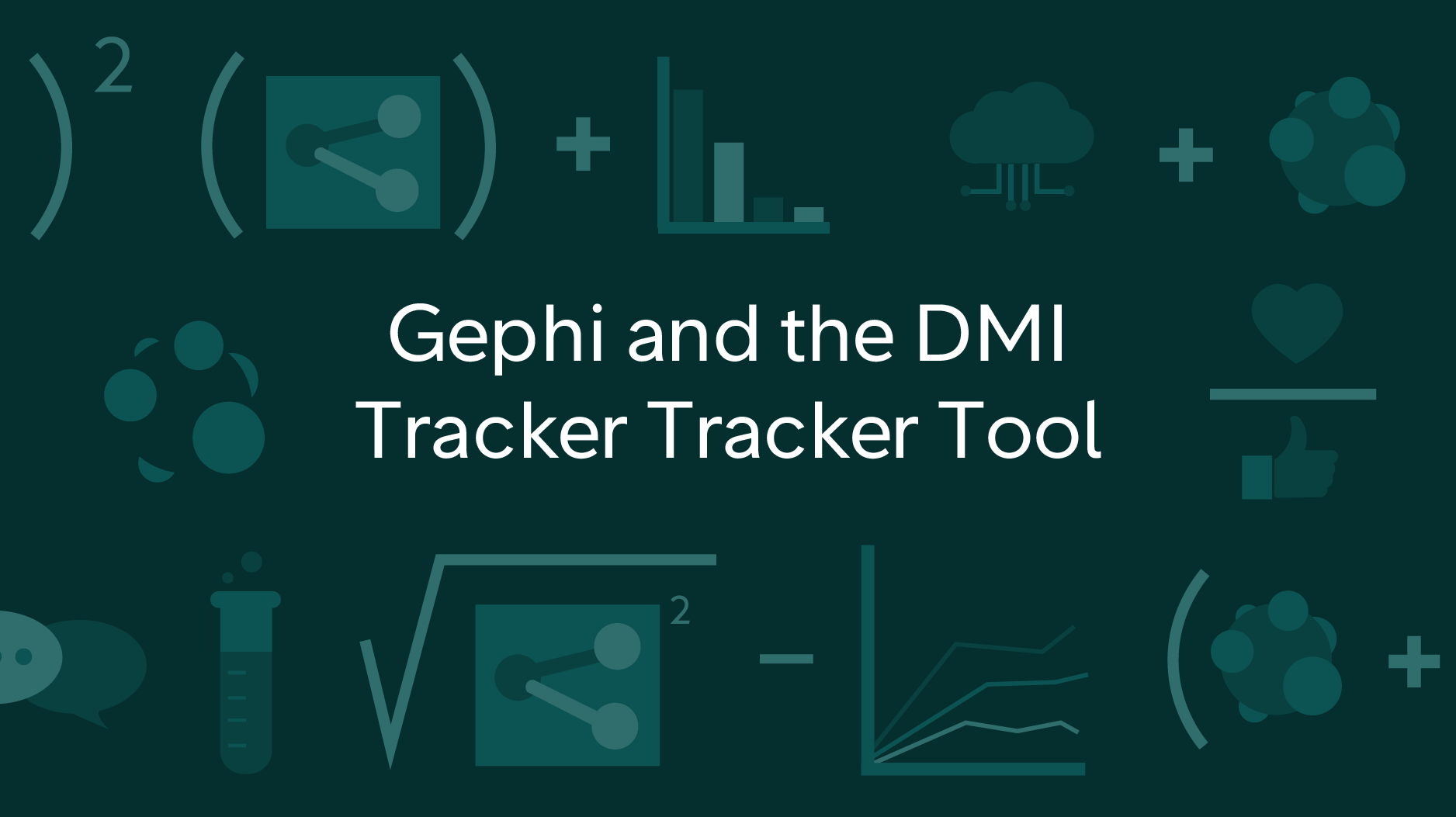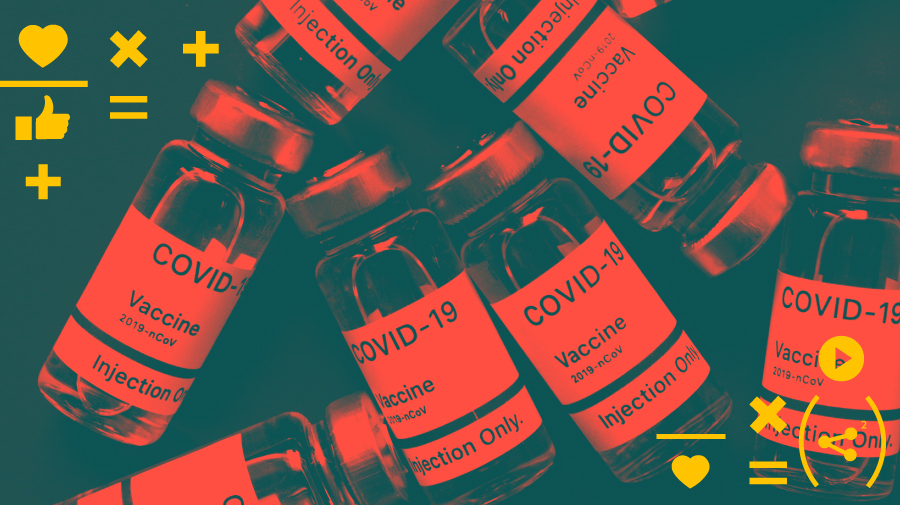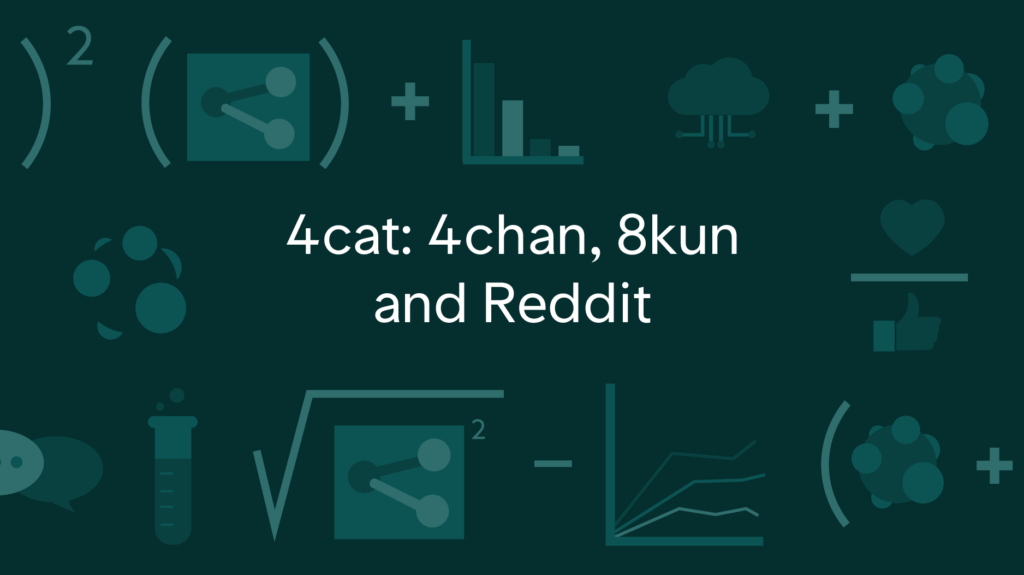How to go beyond the search bar with a deeper level of social media analysis
This series aims to take misinformation off the menu by revealing the secret ingredients of advanced digital investigation. The recipes provide researchers and journalists with the tools, methods and know-how needed to carry out advanced investigations of their own.
On this page you will find the recipes themselves along with an accompanying series of case study articles that walk you through an investigation carried out by our team. Every recipe uses free, readily-available software, and requires little to no coding knowledge.
The recipes were developed as part of a collaboration between the Public Data Lab, the Digital Methods Initiative, Open Intelligence Lab and First Draft. It builds on the Field Guide to “Fake News” and Other Information Disorders and is supported by King’s College London’s Department of Digital Humanities and the AHRC-funded “Infodemic” project”.

How anti-vaccination websites build audiences and monetize misinformation
Anti-vaccination websites employ vast configurations of ad, social media and analytics trackers to drive traffic, build audiences and monetize misinformation.
→ Read the article

How to investigate ad trackers with Gephi and the DMI Tracker Tracker tool
This recipe explores how to use Gephi and the DMI Tracker Tracker tool to investigate web tracking devices associated with a given set of websites.
→ Read the recipe

Fringe communities feed on RT coverage to undermine Covid-19 vaccinations
Online vaccination sources are using Russian state-funded media videos targeting the Pfizer vaccine to discredit coronavirus vaccination campaigns more broadly.
→ Read the article
How to track YouTube videos across the web
This recipe details how you can track content banned from YouTube to other spaces online.
→ Read the recipe

Vaccine infertility claims on YouTube sweep across fringe platforms
False claims on YouTube about vaccines and infertility are being used to support conspiracy theories on fringe platforms.
→ Read the article

How to find misleading YouTube videos on fringe platforms
This recipe shows you how to investigate problematic YouTube videos on fringe platforms like 4chan.
→ Read the recipe
How to unearth misinformation networks on YouTube
This recipe shows you how to unearth and build large datasets of YouTube content relating to misinformation and conspiracies.
→ Read the recipe
Banned sites and pro-Russian networks are driving anti-Pfizer vaccine disinformation
Highly misleading articles framing Pfizer’s vaccine as unsafe were being spread across fringe and mainstream social media platforms.
→ Read the article
How to track the cross-platform spread of misinformation
This recipe shows you how to investigate the spread of harmful narratives being shared by particular communities on 4chan, 8kun and Reddit.
→ Read the recipe
How 4chan and 8kun users rely on YouTube videos to spread climate change denialism
As journalists and researchers focused on Covid-19 falsehoods over the past year, climate change conspiracy theories continued to spread online.
→ Read the article

Cross-platform construction of a conspiracy theory: URL analysis
The following recipe details how you can use URLs to see how communities on 4chan, 8kun and Reddit construct conspiracy theories and false narratives on the web.
→ Read the recipe
Climate change conspiracy memes on Instagram extend across the web
Thousands of Instagram posts using hashtags such as #climatehoax have garnered at least half a million views, likes or comments on the platform.
→ Read the article
How to map the spread of misleading memes across the web
This recipe shows you how to find and track misleading memes across a range of subjects and platforms.
















